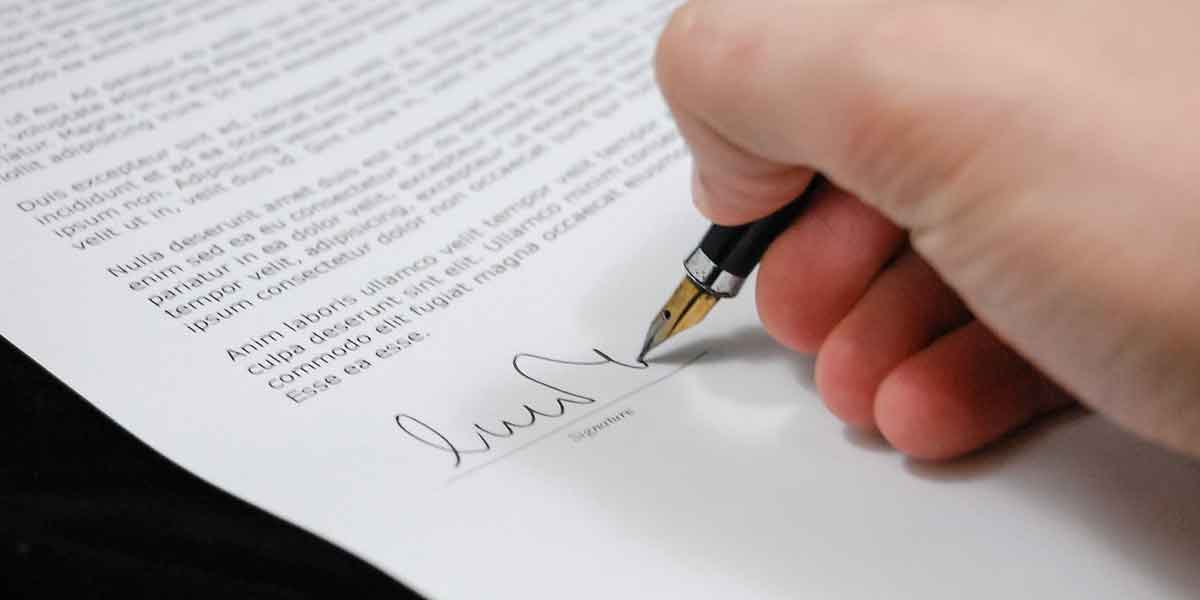Estate planning involves the settlement of an individual’s debts after their passing. The legal process, known as probate, is essential for proving the will as the decedent’s final testament and distributing their property to beneficiaries and heirs. Although this process may seem daunting, the assistance of a knowledgeable attorney can simplify the proceedings and alleviate much of the responsibility.
Prior to delving into the role of an attorney in probate, it is crucial to understand the four fundamental steps of this process. These steps determine how the property of the deceased individual will be distributed, whether through a will or according to intestacy laws if no will is present.
The Initial Court Filings
The probate process commences with a petition to the probate court to authenticate the will and appoint an executor or administrator, in the absence of a will. Notice is then provided to the decedent’s beneficiaries and heirs, with an allowance for objections to the court petition. This step also includes informing any unknown creditors through a public notice.
Creditors and Inventory
The personal representative appointed by the court is responsible for notifying known creditors and providing them with a period of time to make their claims against the decedent’s assets. An inventory of all the probate property, including real estate, stocks, bonds, and business interests, is also prepared at this stage.
Debt Settlement and Asset Distribution
Following the identification of legitimate creditors, the personal representative must ensure that all debts, funeral expenses, and taxes are paid from the estate. This may involve selling estate assets to fulfill the obligations of the deceased individual.
Transfer of Property and Assets
If the decedent did not leave a will, the remaining assets are transferred according to intestacy laws. In cases involving a will, the personal representative petitions the court for the transfer of assets and property to the beneficiaries as specified in the will. Trusts established for minors are also addressed, with the trustee receiving the designated funds after court approval.
The Role of an Attorney in the Probate Process
An experienced probate attorney can provide invaluable assistance at various stages of the process. In addition to offering guidance on estate planning to prevent future administrative issues, they can advise on fiduciary obligations, conduct a thorough inventory of the estate’s assets, evaluate enforceable debts, and assist in creating distribution plans.
Therefore, enlisting the expertise of a probate attorney can significantly simplify the complexities of this process, ensuring a smoother transition of the decedent’s estate. Their knowledge and experience can alleviate much of the burden and uncertainty associated with probate, providing peace of mind during a challenging time.




